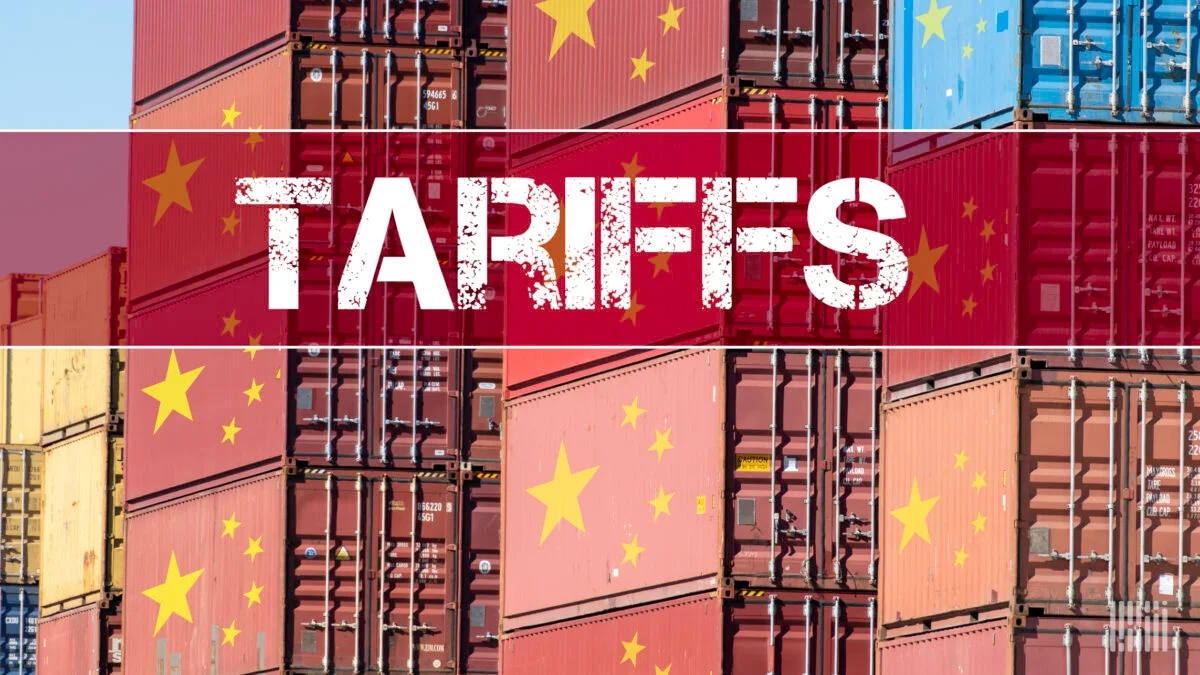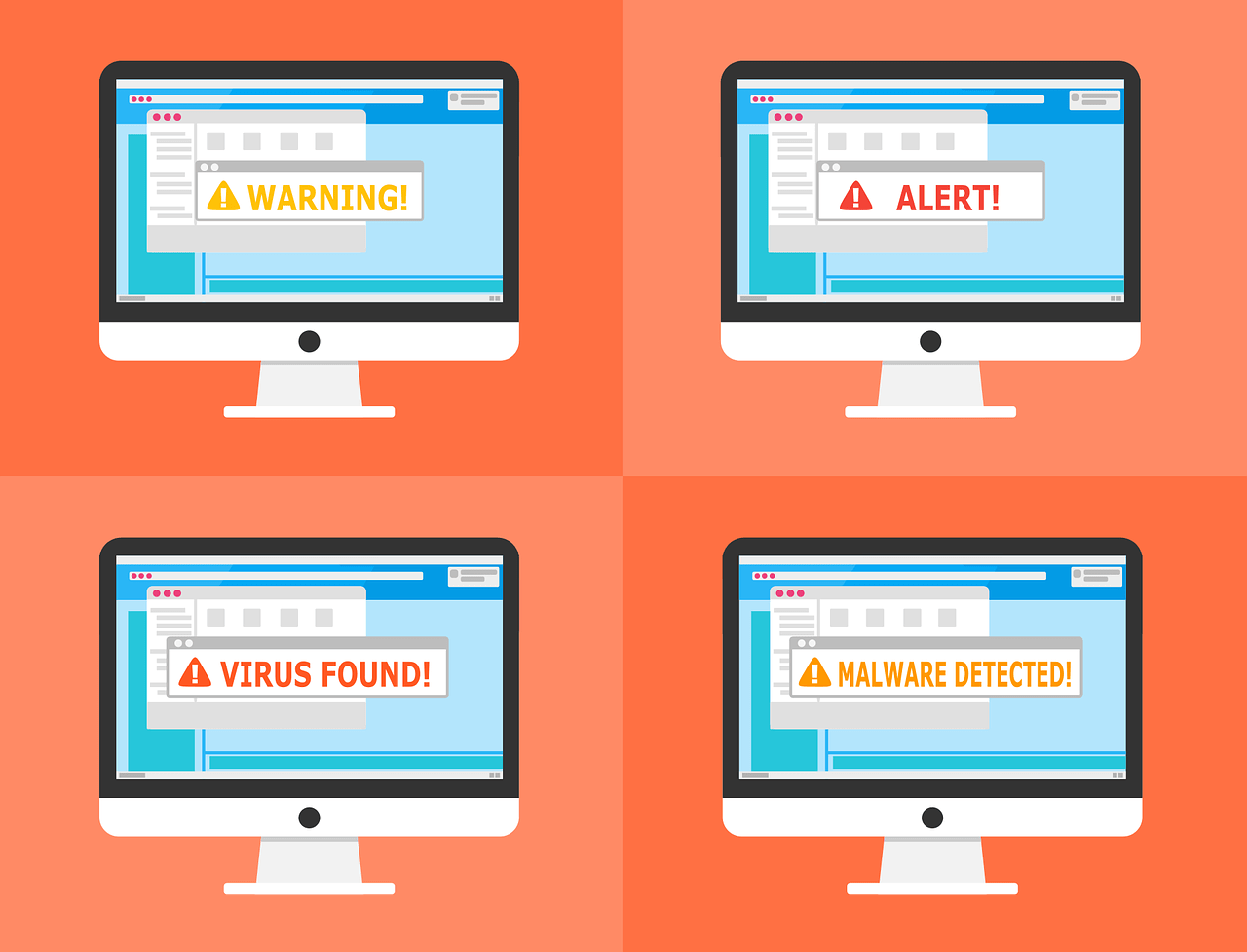The Situation
In 2023, Facebook’s parent company, Meta, ran into a massive compliance problem. The European Union’s General Data Protection Regulation (GDPR) had been in place since 2018, but it seems Meta still hadn’t gotten the memo—or maybe they were just hoping no one would notice. Spoiler alert: the Irish Data Protection Commission (DPC) noticed.
Here’s the short version: GDPR says, “If you collect data from EU citizens, you must protect it like a national treasure and keep it in Europe. No smuggling it off to other countries where privacy laws are basically suggestions.” Meta, however, kept sending European user data to the U.S., where regulations around data privacy are… let’s just say friendlier for companies and less friendly for consumers.
It was like hosting a private EU party and then emailing everyone’s personal details to an unknown address overseas.
What Happened?
Meta relied on “Standard Contractual Clauses” (SCCs) to justify the data transfers. In theory, SCCs are legal tools that allow data to be moved across borders safely. But GDPR compliance is tricky, and SCCs can’t magically erase the fact that the U.S. doesn’t meet the EU’s strict privacy standards.
The Irish DPC spent years investigating, probably fueled by lots of coffee and frustration, and finally decided Meta’s approach wasn’t cutting it. Their ruling: Meta violated GDPR by transferring data out of Europe without adequate safeguards. And they didn’t slap Meta on the wrist—they dropped a €1.2 billion fine on them, the largest GDPR penalty to date.
To put that into perspective:
- That’s about 20 million annual Netflix subscriptions.
- Or enough money to buy 1.2 billion IKEA meatballs (though assembling them is still free).
The Fallout
- Financial Consequences: €1.2 billion is no pocket change, even for a tech giant like Meta. For smaller companies, this fine would be a death sentence. For Meta, it was more like stubbing their corporate toe—painful, but survivable.
- Operational Headaches: The ruling forced Meta to rethink its entire infrastructure for EU data. They now have to invest in data centers inside Europe to comply. That’s not a small task. Imagine being told you can’t sleep at your house anymore and need to build a new one overnight… on a different continent.
- Reputation Problems: Meta’s already shaky reputation around privacy took another hit. Trust is hard to earn and easy to lose—kind of like leaving cookies unattended at a party.
The Lesson
Here’s the thing about compliance: It’s not optional. GDPR isn’t the EU’s polite suggestion for how companies should handle data—it’s a law, with teeth, and it bites.
Meta’s case is a cautionary tale for businesses everywhere. The EU doesn’t care how big you are or how many billions you’re worth—if you break the rules, you pay. And while Meta can shake off a billion-dollar fine like it’s a pesky mosquito, smaller companies don’t have that luxury. For most businesses, ignoring compliance would be like setting fire to their own bank account… and then watching it burn with popcorn in hand.
Key Takeaways:
- Know where your user data lives and who can access it. Treat it like a grumpy cat: move it too much, and someone will get hurt.
- Compliance might feel boring and tedious, but fines aren’t boring. They’re expensive, embarrassing, and very public.
- GDPR isn’t going away. If you handle EU data, follow the rules, or you’ll learn firsthand how much €1.2 billion stings.
To wrap up, Meta’s GDPR misadventure serves as a lesson: Compliance might be painful, but ignoring it is worse. And if you’re a smaller company, don’t kid yourself—you’re not Facebook. If you mess up, no one’s handing you a €1.2 billion get-out-of-jail card.
Keep your data local. Follow the rules. And don’t let the DPC catch you snoozing.
Martin Baker
Martin Baker, Managing Editor at Decoded.cc, harnesses a decade of digital publishing expertise to craft engaging content around technology, data, and culture. He leads cross-functional teams, enforces editorial excellence, and transforms complex ideas into accessible narratives—fueling Decoded.cc’s growth and impact.








Leave a Reply